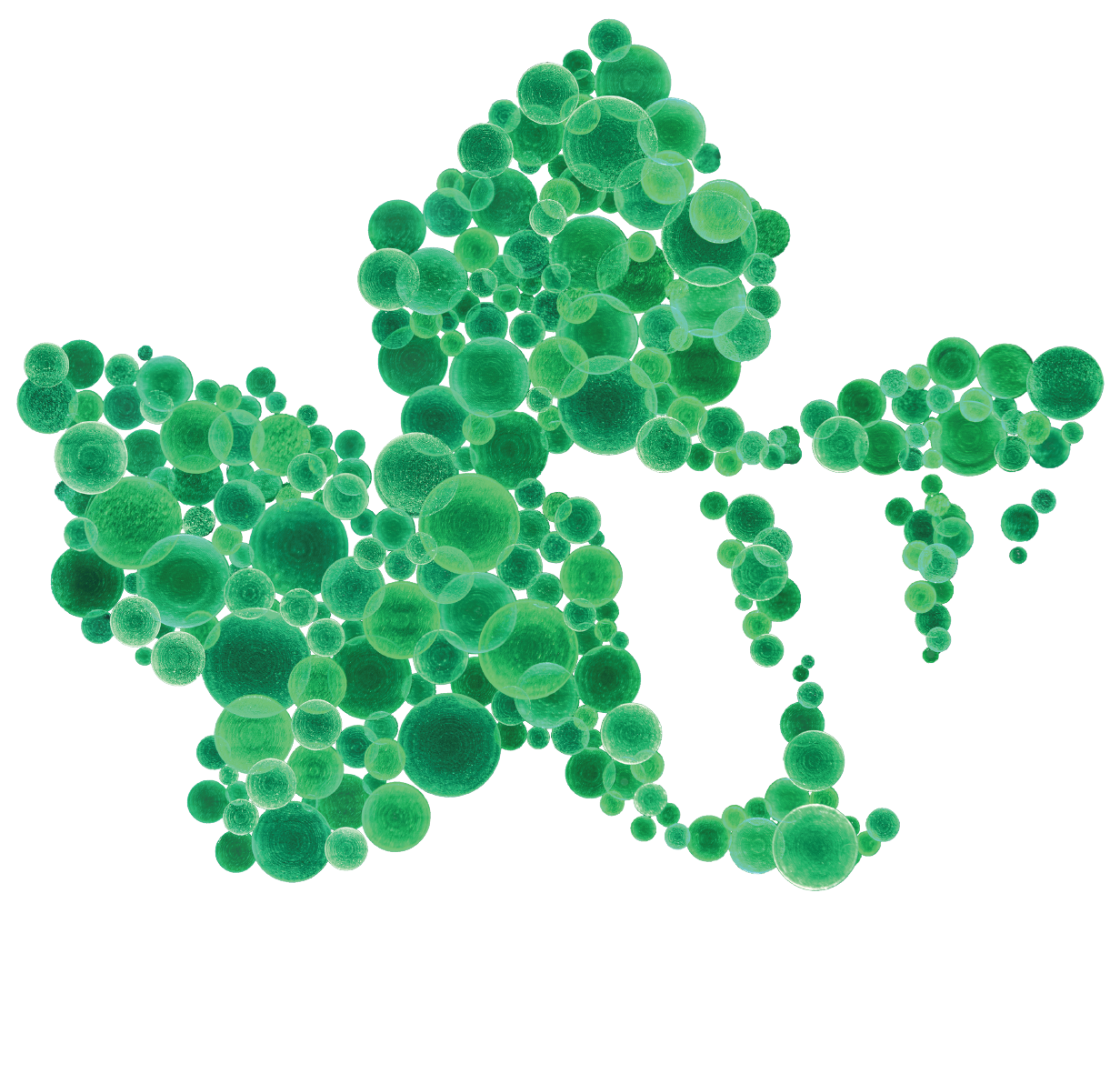Wege Prize, Kendall College of Art and Design of Ferris State University’s (KCAD) uniquely transdisciplinary design competition focused on the circular economy, has selected five teams of undergraduate students from around the world to move on to the final stage of the third annual competition based on overviews of their solutions to a “wicked” problem. Now, those solutions will be critiqued by a panel of leading practitioners and advocates of design thinking and sustainability.
At the Wege Prize Awards on May 14, 2016 at Kendall College of Art and Design of Ferris State University (KCAD) in Grand Rapids, Michigan, U.S.A., the five teams will present their solutions in full to the judges, who will choose a first, second, and third place winner. The top award of $15,000 will be given to the winning team, with awards of $10,000 and $5,000 going to the second-place and third-place teams, respectively.
Teams were asked to create a solution to the following “wicked” problem: How can we create a circular economy? Each team – composed of five undergraduates representing different academic institutions and majors of study – had to design a product, service, or business model that can function within and help create a paradigm shift towards a circular economic model, an economic model in which resources and capital are regenerative.
Wege Prize 2016 Finalists
Team: KYCE
Schools represented: Anglia Ruskin University (United Kingdom), EARTH University (Costa Rica), Roanoke College (United States), Westchester Community College (United States)
Using Kibera - the largest urban slum in Africa – as a model, KYCE has developed a solution that focuses on creating self-sustaining systems for developing countries that can foster employment, improve sanitation and hygiene, enhance the livability of urban environments, and improve the overall health of communities. See an overview of this solution here.
Team: Spaak+
Schools represented: University of Amsterdam (Netherlands), Utrecht University (Netherlands), Wageningen University (Netherlands)
Spaak+ has developed a solution that focuses on creating an on-site waste treatment system for hospitals that minimizes environmental impact while maximizing the ability of the system to recover resources. The solution seeks to translate existing proven waste treatment processes into a hospital setting in a way that does not require extensive modification to existing infrastructure. See an overview of this solution here.
Team: Sustainability Squad
Schools represented: Rice University School of Engineering (United States), Rice University School of Natural Sciences (United States)
Sustainability Squad’s solution focuses on the creation of a company that would assist homeowners in retrofitting their homes with sustainable energy-saving improvements. The end goal of the solution is to gradually transition into a more circular housing market by helping make as many elements of current homes reusable as possible by the time they reach the end of their life cycle. See an overview of this solution here.
Team: Sustainable 615
Schools represented: Belmont University (United States), O’More College of Design (United States)
Sustainable 615’s solution focuses on the creation of an outdoor apparel and equipment company, ORA, and a flagship travel backpack product that combines high-quality construction and durability with cradle-to-cradle and biodegradable materials. ORA also seeks to get consumers involved in the life cycle of its products through buy-back initiatives that maximize the potential for material reuse. See an overview of this solution here.
Team: University of Michigan Sustainability Without Borders
Schools represented: University of Michigan College of Engineering (United States), University of Michigan College of Literature, Science, and Arts
University of Michigan Sustainability Without Borders has developed a solution that would help Technology for Tomorrow Ltd. – an existing company in Uganda that manufactures sanitary pads out of papyrus – adopt a circular model for meeting the heating and electricity needs of its production facilities through biomass gasification of papyrus and paper waste materials. See an overview of this submission here.
Wege Prize 2016 began with a field of 16 teams representing 19 different colleges and universities from around the world. Over the last five months, teams have developed their ideas from a one-page proposal into a multifaceted design solution informed by their own research, ideation, and experimentation as well as direct feedback from the judges. Now, the five finalist teams will have two months to translate their work into a cohesive and compelling presentation.
“In our first year holding the competition on an international level we’ve been absolutely thrilled with the diversity of students we’ve engaged and the depth to which teams have gone in developing their solutions,” shared Gayle DeBruyn, Wege Prize coordinator and Chair of KCAD’s Collaborative Design program. “We’re very excited to see the full evolution of their ideas; we’re anticipating tangible solutions that could be implemented on a real-world level.”
Just like the student teams have done, the judges will gather in Grand Rapids on May 14 to converge their unique perspectives, knowledge, and talents. Together, they will determine which solution inspires the greatest hope for success. Solutions will be judged on a variety of factors relating to process, understanding of the circular economy, depth of research, effective communication, and economic and logistic feasibility.
Judges include:
Michael Werner – Green Chemistry and Restricted Substances Manger, Apple
Cupertino, CA
Colin Webster – Education Programme Manager, Ellen MacArthur Foundation
Endinburgh, United Kingdom
Gretchen Hooker – Biomimicry Specialist, Biomimicry Institute
Kalamazoo, MI
Christopher Carter – Independent educator, animator, and sculptor
Miami, FL
Those interested in seeing the teams compete in person are warmly encouraged to attend the 2016 Wege Prize Awards event, which is free and open to the public. For those who cannot physically attend, an online live stream of the event will be made available on wegeprize.org.
2016 Wege Prize Awards
Date: May 14, 2016
Time: 9:30am-2:30pm
Location: Kendall College of Art and Design of Ferris State University’s Woodbridge N. Ferris building (17 Pearl St. NW, Grand Rapids, Michigan, U.S.A.)
Event Schedule
9:30am doors open
10:00am – 12:00pm finalist presentations
12:00pm – 2:00pm judges’ deliberation/lunch break
2:00pm – 2:30pm presentation of awards
2:30pm – 3:30pm media/interviews







